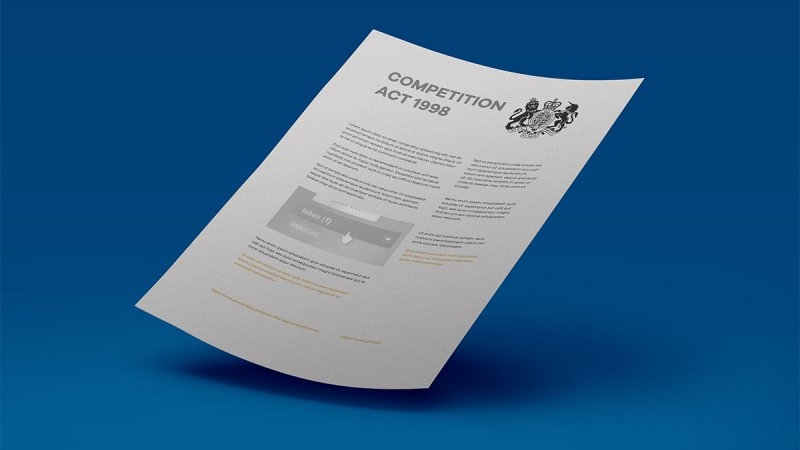Competition law is the necessary legislative force used to ensure that businesses allow competition within the market, so that the best possible services are created. If an organisation infringes the relevant competition laws they will be subject to serious consequences, which for the UK are stated in the Competition Act 1998 and the Enterprise Act 2002. As an organisation, if you wish to protect yourself from these potential repercussions, knowledge and training on competition laws is essential.
What are the potential consequences for infringing competition laws in the UK?
The Competition and Markets Authority (CMA) is a UK non-ministerial government department with the purpose of ensuring competition in the market is maintained and anti-competitive behaviour is penalised. Watchdog organisations are also used to penalise the organisations which have not complied with the competition laws. Ofgem and Ofcom are examples of these watchdogs, as they are government-approved authorities used to regulate the behaviour of organisations.

For the UK, the Competition Act 1998 and Enterprise Act 2002 is the legislation which states the requirements for business conduct. Chapter II and Article 102 of these Acts specify some of the consequences which these organisations can face:
– There are substantial financial repercussions. If a business is found guilty of contravening Chapter II and Article 102 they could face a fine of up to 10% of the business’ global turnover. This can be financially crippling, especially for SMEs who might not have the financial backing to pay such a fine.
– Directors and members of the management team, who are expected to comply with competition laws, could face criminal prosecution, individual fines and civil damages.
– Directors can also be disqualified from their position as a director for up to fifteen years.
– Prison sentences can reach five years if an individual is found to be involved in cartel activity for example.
– These businesses could then be at risk of action from third parties, either customers or business associates, who feel that the anti-competitive conduct of the business has inflicted substantial repercussions upon them.
In August 2018 the CMA conducted an investigation following the European Commission’s decision to condemn the business practices conducted by Asus, Denon & Marantz, Philips and Pioneer. These four electronical companies had been found guilty of imposing unfair prices on distributors with the intent to create anti-competitive results. These four companies were imposing prices on distributors using algorithms and set these out in vertical agreements.
This European wide investigation resulted in a total fine of €11 million inflicted upon all four of these electronic companies. This was following the decision that they were guilty of preventing online retailers from setting their own retail prices, meaning there was less price competition and higher prices for consumers. This demonstrates the high and severe fines which can be inflicted upon organisations which conduct anti-competitive behaviour.
Organisations which have been found guilty of anti-competitive behaviour will be publicly condemned and the CMA will publish the case which has been conducted against the organisation. Therefore, not only will an organisation face the official penalties, they will also suffer reputational damage which might hinder the future growth of their business. It is of the utmost importance for organisations to be aware of the laws which they are required to comply by.




